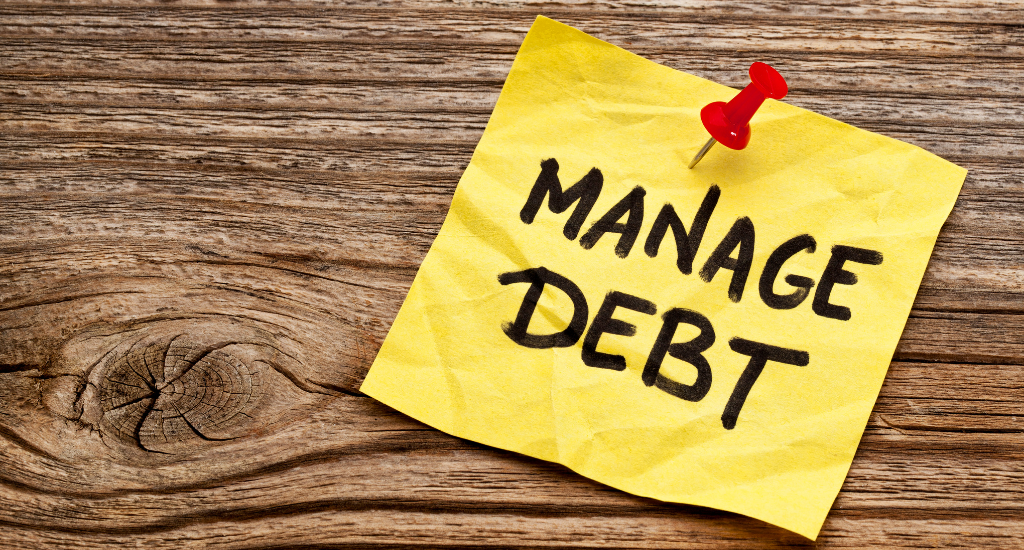Are you tired of being weighed down by debt and a poor credit score? It’s time to take control of your finances and start mastering debt. Whether you’re dealing with student loans, credit card debt, or other financial obligations, there are proven strategies you can use to pay off your debts and boost your credit score.
A good credit score is essential for obtaining loans, renting an apartment, and even getting a job. In this article, we’ll dive into the basics of credit scores, explore effective strategies for managing debt, and share tips for boosting your credit score. With these proven techniques, you can take the first steps towards a healthier financial future.
Understanding Credit Scores
A credit score is a three-digit number that represents your creditworthiness. It is calculated based on your credit report, which includes your credit history, current debts, and payment history.
Factors that determine credit scores include payment history, credit utilization, length of credit history, new credit accounts, and credit mix. A good credit score is essential because it can impact your ability to get a loan, rent an apartment, or even get a job.

Strategies for Managing Debt
| Create a budget | Creating a budget is an essential step in managing debt. A budget helps you track your income and expenses and identify areas where you can cut back on spending. To create a budget, start by listing all your sources of income and fixed expenses, such as rent and utilities. Next, identify your variable expenses, such as groceries and entertainment, and set limits on how much you can spend in each category. |
| Pay off debts | Paying off debts is critical to managing debt and improving your credit score. Start by prioritizing your debts based on interest rates and the amount owed. Consider strategies such as the debt snowball method, where you pay off your smallest debt first, or the debt avalanche method, where you pay off your highest-interest debt first. Make sure to make at least the minimum payment on all your debts to avoid late fees and penalties. |
| Avoid accumulating more debt | Avoiding accumulating more debt is essential in managing debt. Consider strategies such as using cash instead of credit cards, sticking to your budget, and avoiding unnecessary purchases. It’s also crucial to avoid opening new credit accounts unless necessary and keeping your credit utilization low. |
Tips for Boosting Your Credit Score
Regularly check your credit report
Checking your credit report regularly can help you identify errors or fraudulent activity that could negatively impact your credit score. You can get a free credit report from each of the three major credit bureaus once a year. Look for inaccuracies in your personal information, accounts, and payment history.
Make payments on time
Making payments on time is critical in maintaining a good credit score. Late payments can have a significant negative impact on your credit score. Set up automatic payments or reminders to ensure that you pay your bills on time.
Reduce credit utilization
Credit utilization is the amount of credit you’re using compared to your total credit limit. High credit utilization can negatively impact your credit score. Consider paying down your balances and keeping your credit utilization below 30%. If you have multiple credit cards, consider consolidating your balances onto one card to simplify payments and lower your overall credit utilization.
Advanced Strategies for Managing Debt and Boosting Your Credit Score

| Debt consolidation |
| Debt consolidation involves combining multiple debts into one loan with a lower interest rate. This strategy can simplify your payments and lower your overall interest payments. Consider a personal loan, balance transfer credit card, or home equity loan as a debt consolidation option. |
| Secured credit cards |
| Secured credit cards are a type of credit card that requires a security deposit. They can be a good option for people with bad credit or no credit history. Use a secured credit card responsibly by making on-time payments and keeping your credit utilization low. |
| Seek professional help |
| If you’re struggling to manage your debt, consider seeking professional help. Credit counseling agencies and debt management programs can help you create a personalized debt management plan and negotiate with creditors to lower interest rates and monthly payments. Bankruptcy may also be an option for people with overwhelming debt. |
Master Your Debt, Master Your Life!
Managing debt is a critical skill for financial freedom and success, and maintaining a good credit score is a crucial part of that. Strategies for managing debt include creating a budget, paying off debts, and avoiding accumulating more debt. Tips for boosting your credit score include regularly checking your credit report, making payments on time, and reducing credit utilization.
Advanced strategies for managing debt and boosting your credit score include debt consolidation, secured credit cards, and seeking professional help. It’s essential to take action and start implementing these strategies to improve your financial well-being. Remember, small changes can make a significant difference in managing debt and boosting your credit score.

